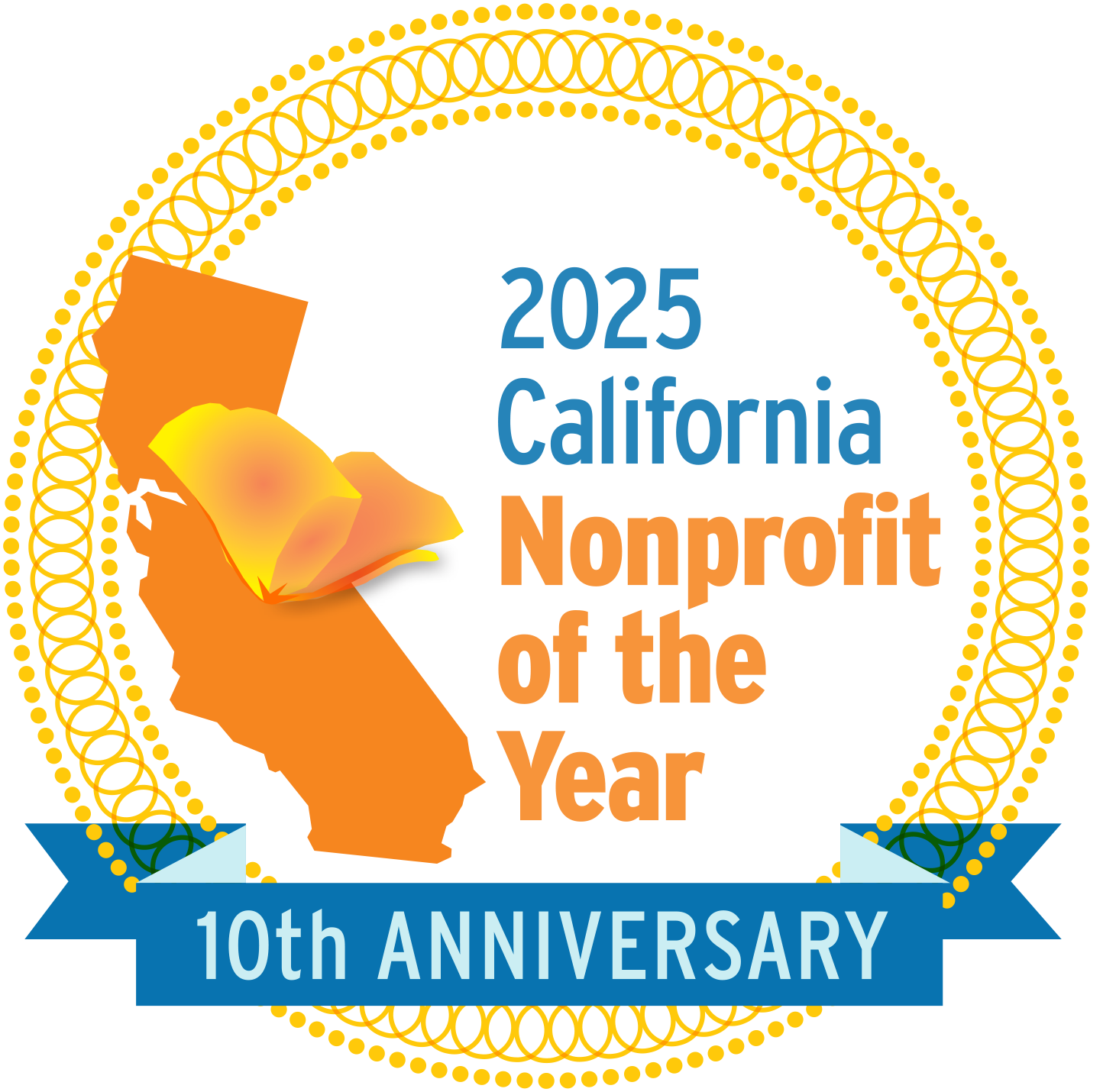Following my conviction, I did criminal law research and I could not find where my humanity was stripped away like a passport, as a condition of bail. Rahsaan Thomas wrote the article, “How I Convinced my Peers to Make Language a Priority”. Thomas wishes to change the language used to reference incarcerated people by the media. Some people, including Thomas, believe that words such as “inmate” say that you are someone who is undeserving of compassion or empathy and have no worth. Thomas has valid points, which I agree with; however, I do not believe that words such as inmate, convict, or prisoner alone are the cause of our dehumanization.
In the article, he discusses a piece he read about an “inmate” firefighter who should be compensated for his hazardous work. But, Thomas argues, the choice of wording undermines the argument. The writer is championing him while using the label “inmate”, which says he has no value.
Thomas makes other valid points about how language can be used to dehumanize a group of people. As he points out in another example of an instance when doctors coerced incarcerated women into being sterilized. The women were “inmates” and “criminals” and that translated to worthlessness to the doctors and staff involved. What was done to those ladies was no different than spaying or neutering a pet. There are also the prison guards who use the words “inmate” or “convict” to desentize themselves from those they guard. The emotional detachment allows them to separate or feel superior to the imprisoned men and women.
Thomas makes a great case about how “inmate, convict, and prisoner” are used to dehumanize and keep all those incarcerated under one umbrella. Arguably, “criminal” may be the most unfavorable of all the labels, because it’s used outside prison walls. But, how did this language gain its power?
There are some people who do not know their value and have resigned themselves to being “criminals”. I was one of those people. I acted the part and fit the stereotype. Yet, my humanity was not taken, but lost, when I stopped being compassionate, empathetic, or showing kindness to others. When I found myself and learned to emotionally connect with others, my humanity began its return.
It does not matter what labels are used to describe men and women in prison. They are but words. It’s our actions and beliefs that determine who we are. “Inmate, convict” or “prisoner” can not dehumanize us without our help. Thomas’ argument that language can be used to be harmful and degrading to the incarcerated are all true and he makes some great points. However, we give those words their power through our beliefs and actions.
When I have had encounters with prison guards who use the word inmate as though it’s something dirty, my reaction is always the same: I tell them my name is Gibson.


